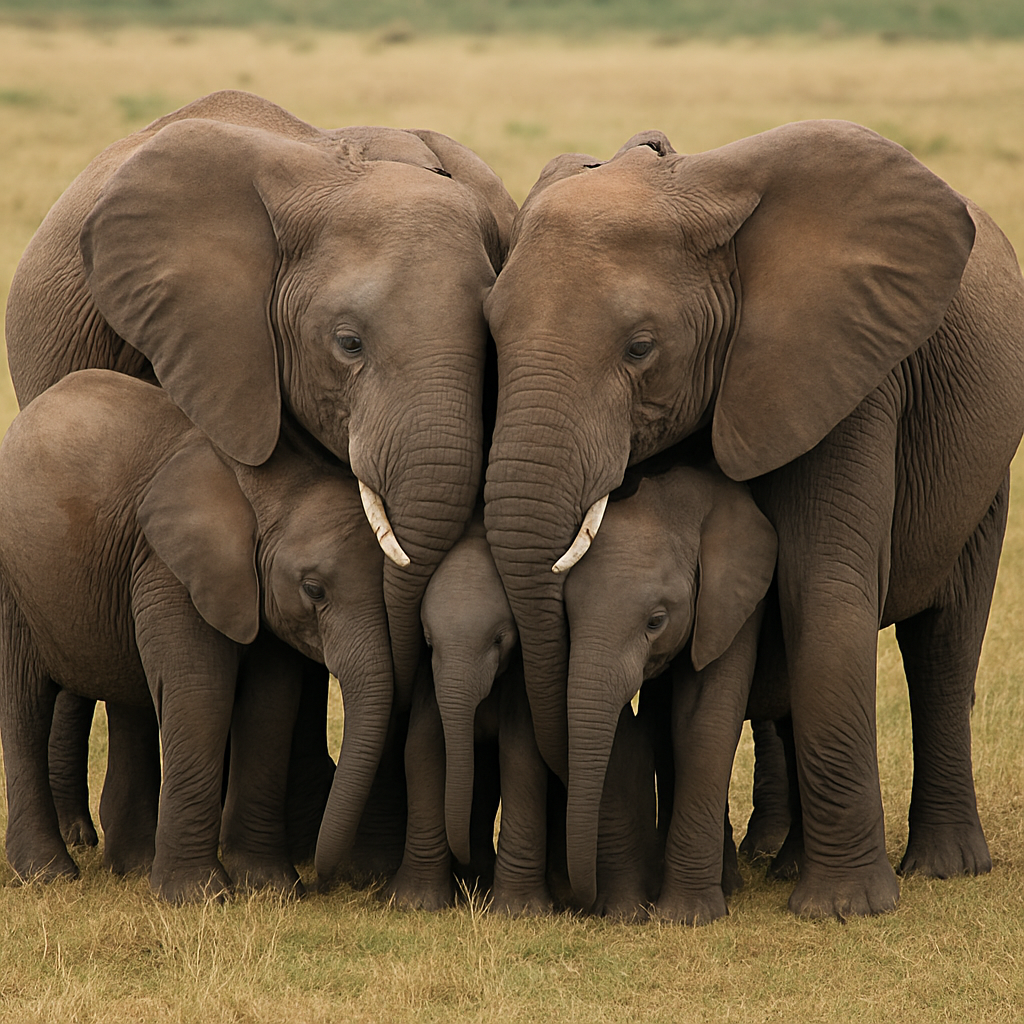I don’t usually share much about my personal life especially not online. At 64, I’ve always felt that some things are meant to be private. But in recent months, I’ve come to see the value of sharing certain experiences, not for sympathy, but because it might help someone else feel seen, supported, or even just a little less alone.
So here goes.
I was 62 when I was diagnosed with prostate cancer. That’s the same age my father was when he got his diagnosis. I’ll never forget the day he told me. It was a gut punch. My dad and I were close. He was the kind of person I would have wanted to be friends with even if we weren’t related. I remember thinking how unfair it felt.
My own diagnosis came after I skipped my annual checkup at 61 during the pandemic. When I finally went in the following year, my PSA was slightly elevated. Deep down, I think I already knew. An MRI and a biopsy confirmed it. What followed was a blur: robot-assisted prostatectomy, six weeks of radiation, and six months of hormone deprivation therapy.
I got the results of my biopsy in the middle of a workday (note to self: never check your patient portal between patients). My husband filling in for our vacationing office manager that day was the first person I told. He looked me in the eyes and said, “We are not done yet.” He probably said a lot of other things, but that’s what stuck.
Telling my husband was hard. Telling my children was worse. The look on their faces will stay with me forever. I’m sure it was the same look I had when my dad gave me the news.
When a herd of elephants senses danger, they form a protective huddle around the more vulnerable members of their group. That image has stayed with me, because as I shared my diagnosis with friends, family, and colleagues, the huddle instinct kicked in. People closed ranks around me. Never in my life have I felt so loved or supported.
That huddle included my providers, my internist, my urologist, my oncologists, and the radiation techs. They weren’t just competent; they were kind. They took great care of me and reminded me that Tucson has some of the best doctors in the country.
A few days ago, I got more good news: my tumor markers are undetectable. But right on the heels of that, my husband came to me with the financial summary. Despite having good employer-sponsored insurance, our out-of-pocket costs totaled $20,000. Because he’s careful with our finances, we had a rainy day fund but this was a medical monsoon.
We managed. But I can’t stop thinking about those who can’t.
I’ve been working since I was 16 and paying into the system that whole time. I’ve never relied on public services in any meaningful way. And still, when I needed the system, it asked me to pay $20,000 out of pocket.
That’s not a complaint. That’s context.
Because here’s the reality: for many in Tucson, $20,000 might as well be $2 million. Even before the so-called “Big Beautiful Bill” slashed health funding, our community safety nets were already worn thin. Now they’re unraveling.
We can’t fix the national system overnight. But we can do something here, in our city, for our neighbors. That’s what the Choices Abortion Network is all about. It’s about forming a huddle-our huddle-around those who are vulnerable, overlooked, or forced to navigate a broken system alone.
In the end, it all comes down to showing up for each other. De Tucson. Por Tucson.
And one more thing—if you’re a man over 50 or you love someone who is, please don’t skip your checkups. Get your PSA screened. Prostate cancer is incredibly common, but also incredibly treatable—if caught early.

